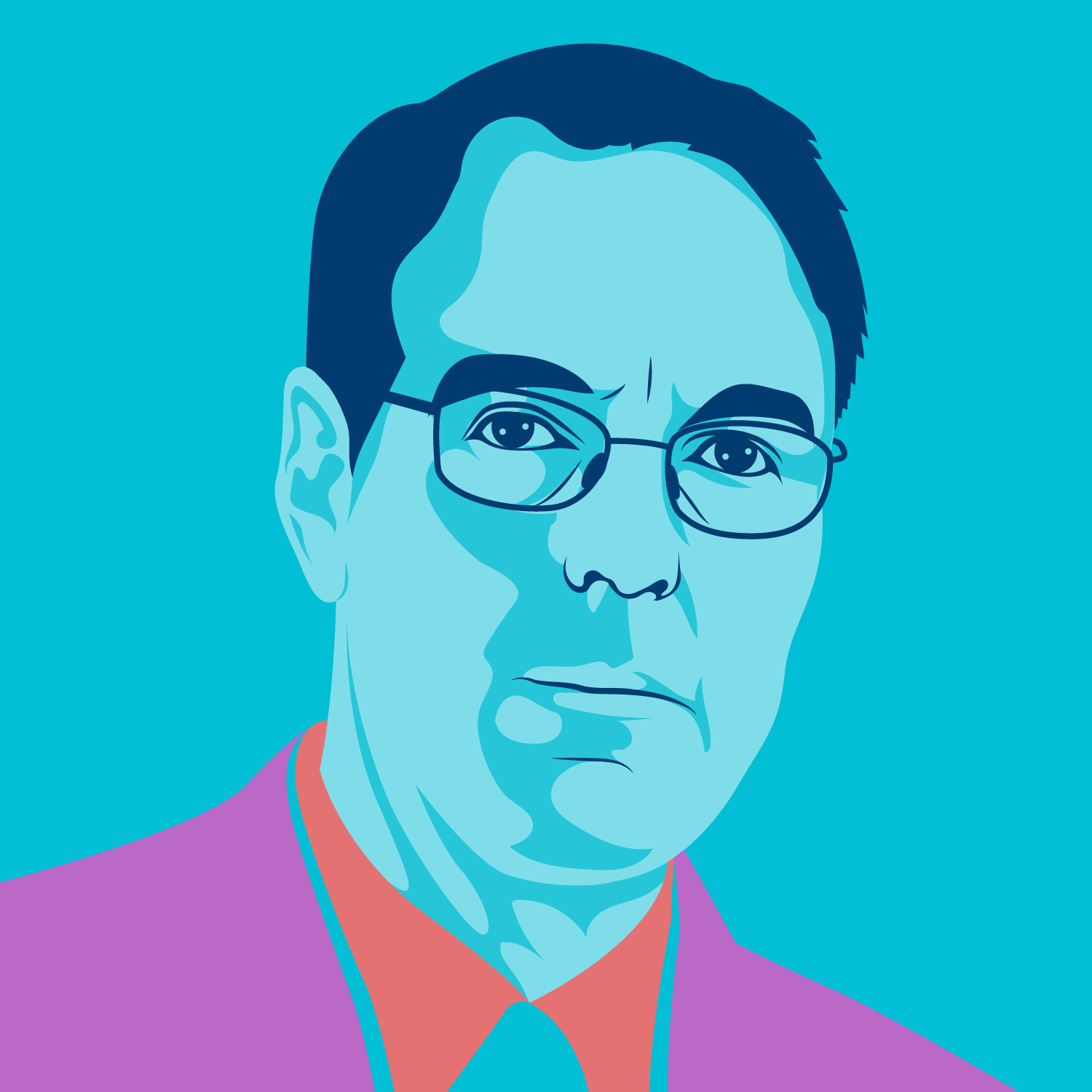One of the things that makes criminal law, I think, —and I'm probably biased here— the most interesting legal subject to think about is that the stakes are so high.
We're talking about the power of the state being deployed to lock somebody up in prison for five years, or even at an extreme, execute them if the case is a death penalty case. And given those high stakes, I think there are then certain other principles of criminal law that seem a lot more understandable.
In civil law, we might say, “Well, whether someone committed a tort or not, I guess we'll go with the plaintiff. The plaintiff has 51% of the evidence, and that's, that's enough for us to make a decision.” But in the criminal law, we'll say, “Wait a minute — before we send someone to prison for 10 years, we want to make really, really sure that that person has done what they've been accused of doing.” And so we'll set this standard of proof much higher than 51%.
It's an interesting question: Is proof beyond a reasonable doubt— which is the criminal law standard—is that 99%? Or 99.9%? It probably can't be articulated with some sort of a mathematical formula, but I like to say we're gonna be really, really darn sure that somebody has committed a crime before we lock them up. And we're gonna operationalize that by imposing a high standard of proof. Because there IS that high standard of proof, the prosecutor needs to move forward first and shoulder the burden of proof — which is why prosecutors always go first in criminal trials.
And we're gonna see some other principles. One of the principles of statutory construction that sometimes comes into play in the substantive criminal law is what's known as the rule of lenity. If a judge is looking at a statute and can't figure out one way or the other, which way to interpret it, we're gonna give the defendant the benefit of the doubt.
We're going to, as I say, make absolutely sure that we have someone who's committed a crime before we conclude that they're guilty of that crime. When we think about how societies change or what society's understanding is of what's permissible behavior, criminal law tends to set that. One of the examples I like to use in my class is domestic violence. If we went back in this country 50 years ago, the way the criminal law operated was that violence inside the home was not considered a crime. And that had a lot of ancillary consequences.
Certainly here in the United States, domestic violence is now generally understood to be a crime. Police officers enforce domestic violence prohibitions. Legislatures have come up with new ways of defining domestic violence so that it can be effectively prosecuted. And that doesn't mean that we've eliminated domestic violence as a problem in American society — far from it. But we've certainly evolved as a society by changing our criminal law.
And you can think of many illustrations of the point—that ultimately, if we're looking at a criminal law question, we're looking at the question of: “What kind of a society do we want to be?”
I know there are some people who are watching this program that think, “I never would want to be a prosecutor because I want to take on the state and make sure people aren't unjustly convicted and I'm gonna change the world that way.”
Well, let me just throw out something as a, I guess an ex prosecutor that might be interesting to think about. If you really want to change the world, the last place you want to be, at least in the criminal law, is as the defense attorney. You're responding to what prosecutors are doing. You're defending individual defendants in individual cases.
What you really want to do, if you want to change the world, is get your hands on the levers of power. You want to become the district attorney in your city, or you want to become a member of the judiciary committee that's writing the criminal laws. You want to do something that I think is shaping the course of, of a number of different cases rather than particular individual cases.
So I say that not to discourage people from being a defense attorney, but just to think about that, uh, there are lots of things that prosecutors can do or not do, if new rules are put into place— that may make a more significant difference than litigating one particular case to its conclusion







